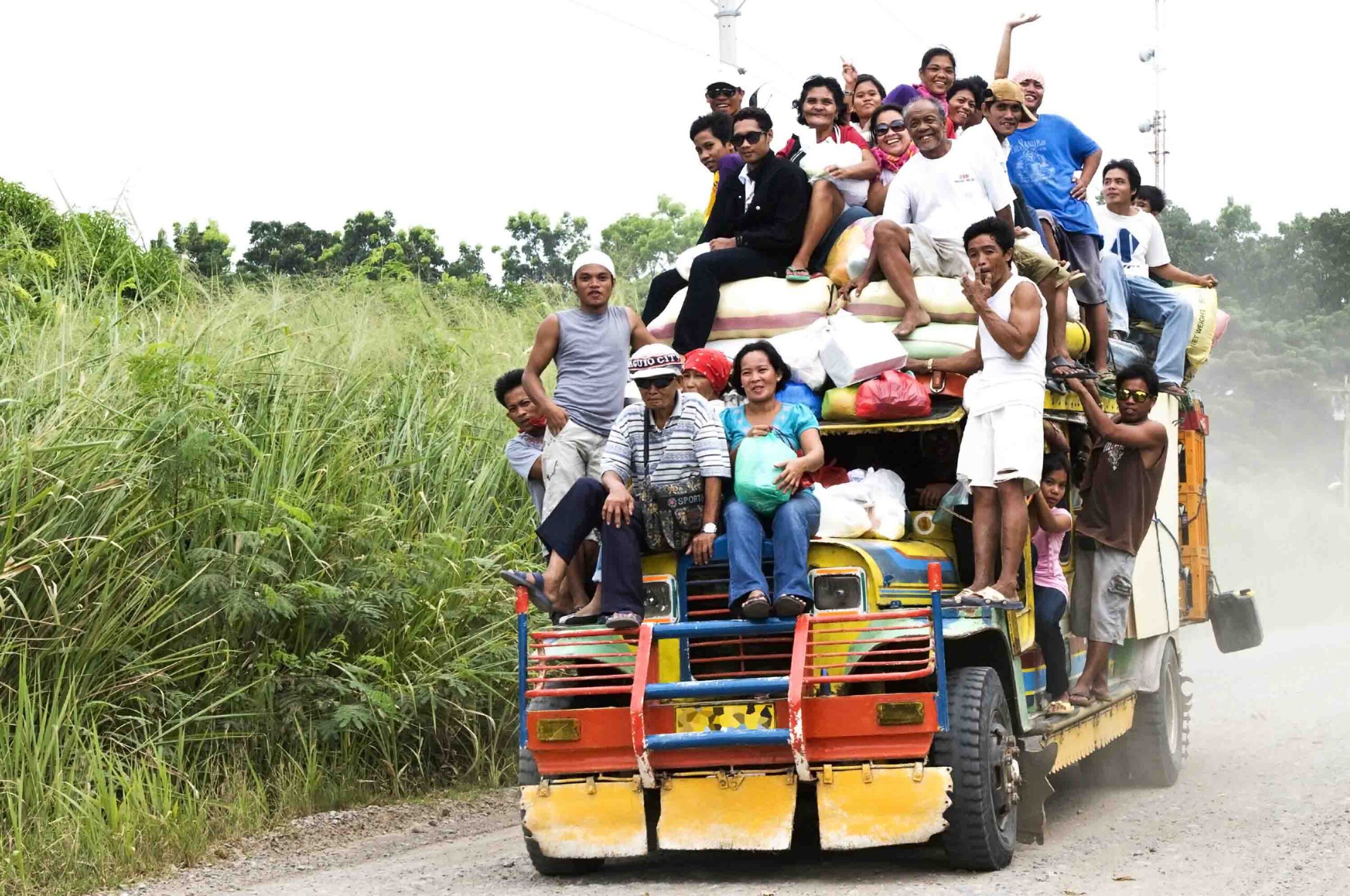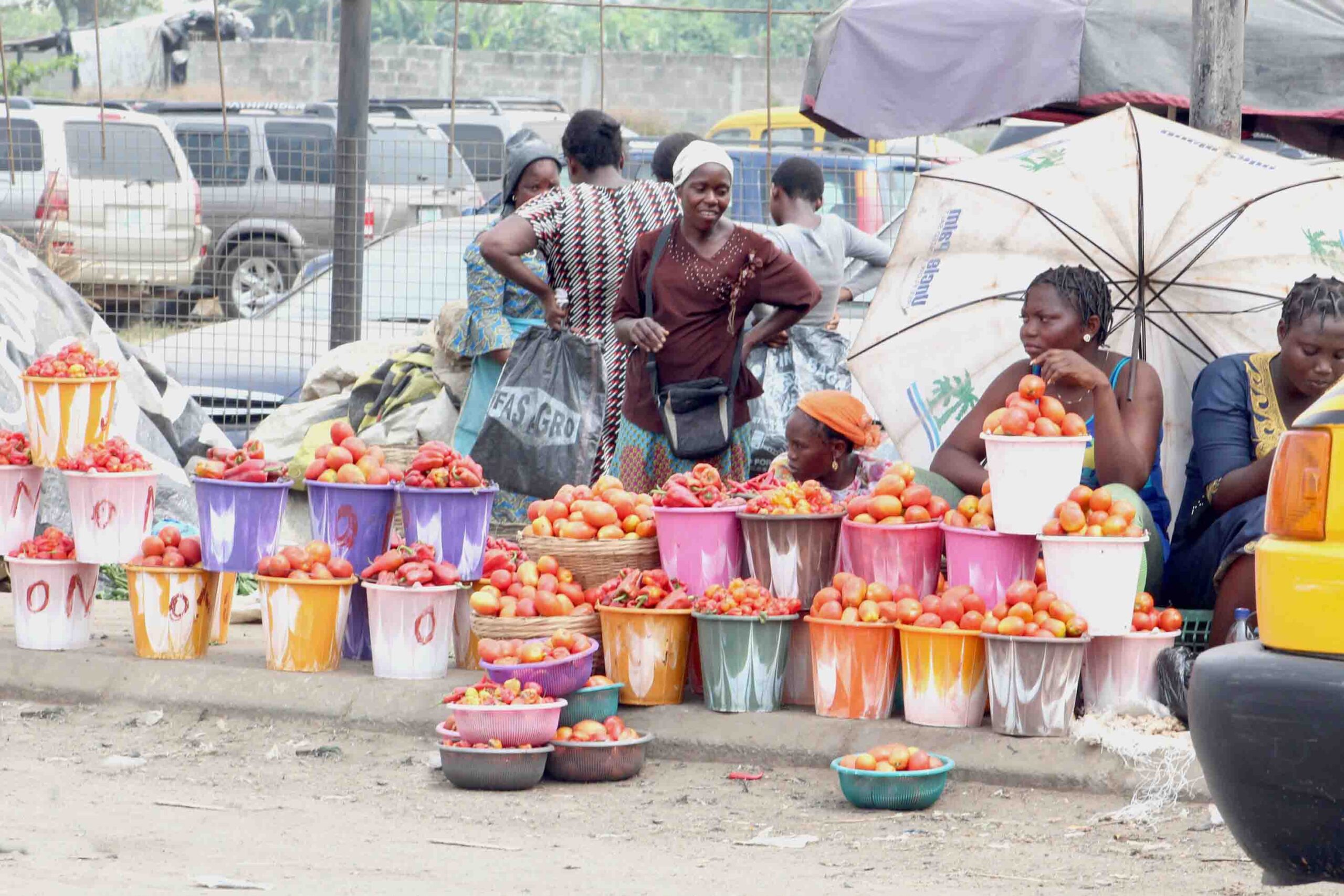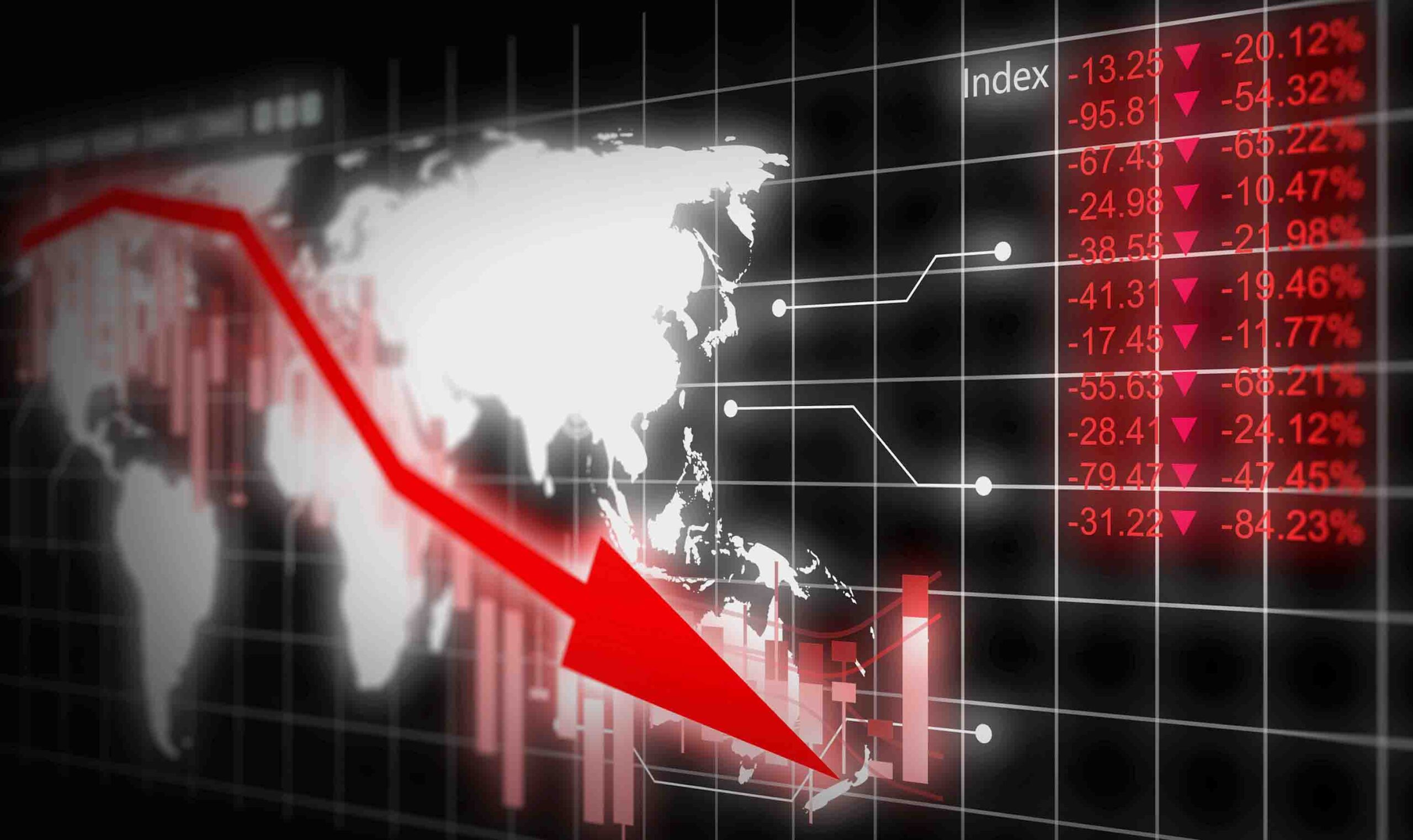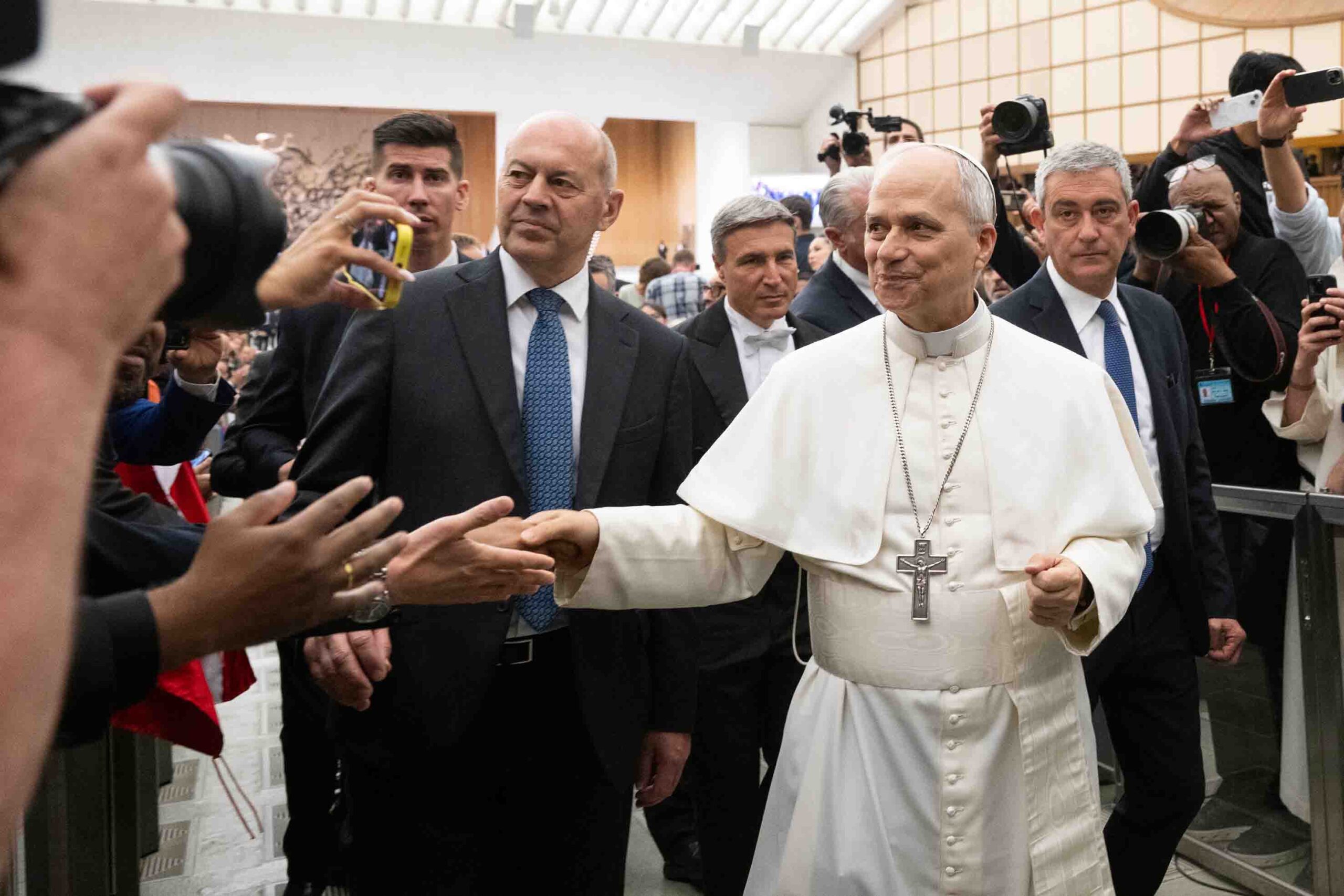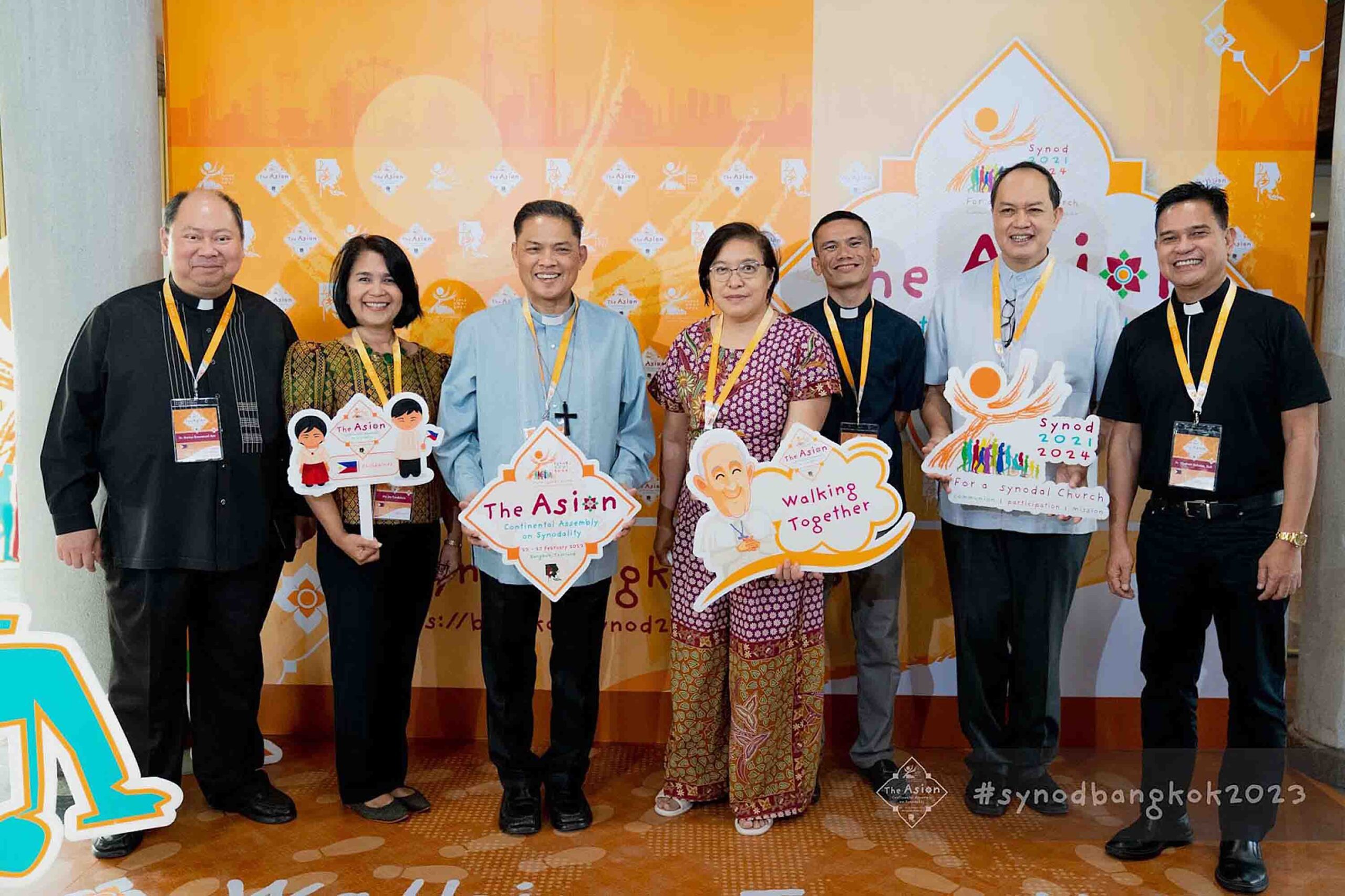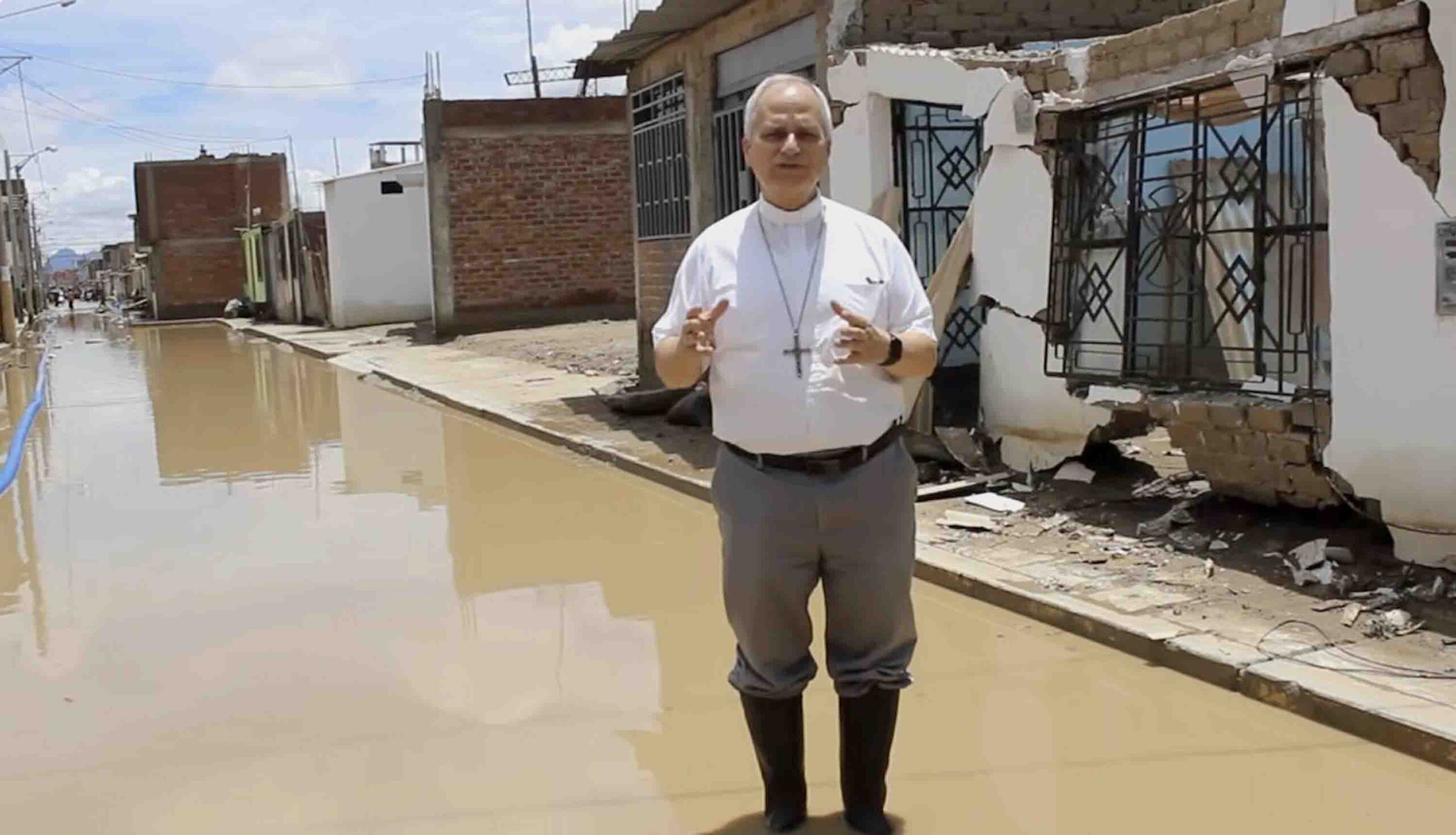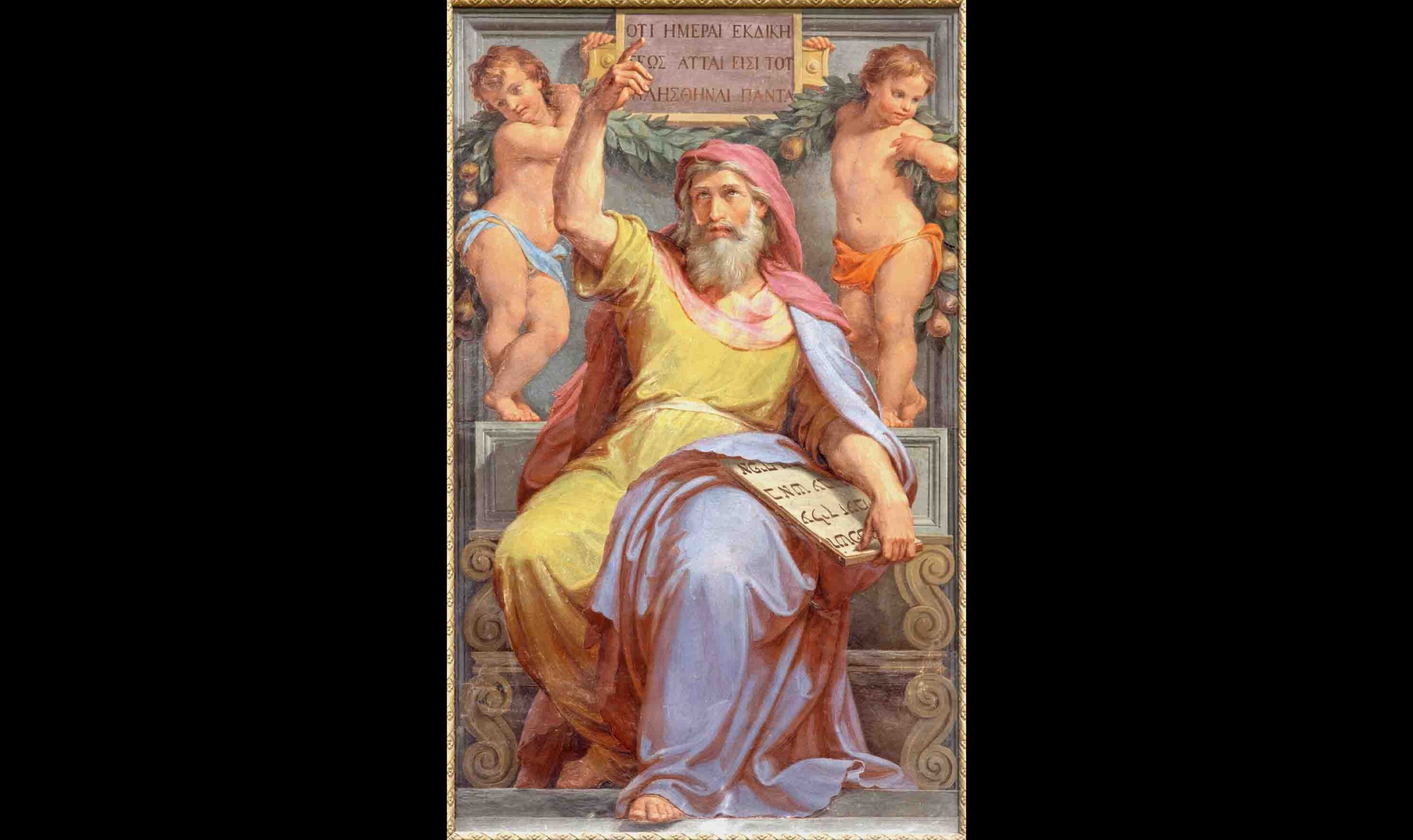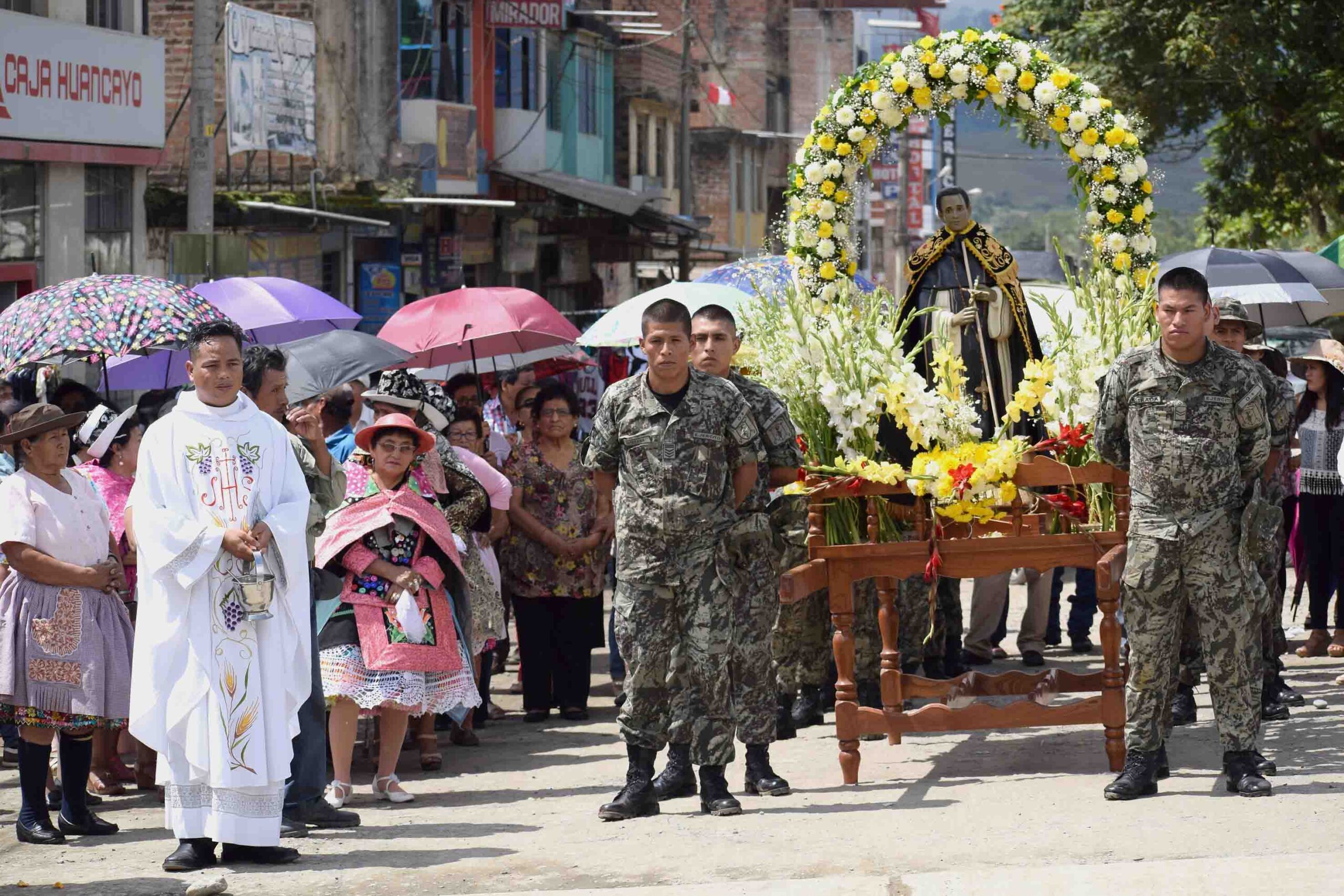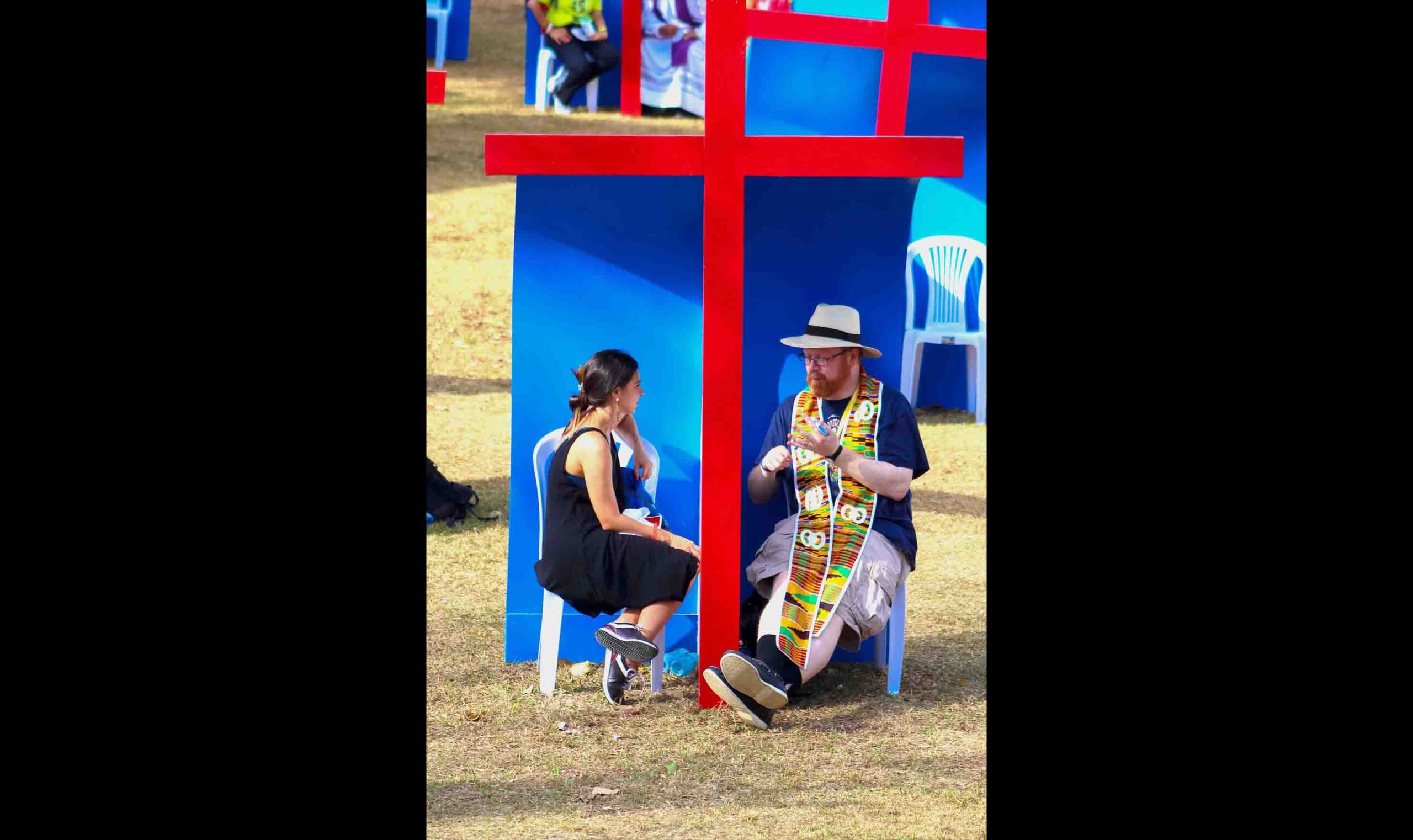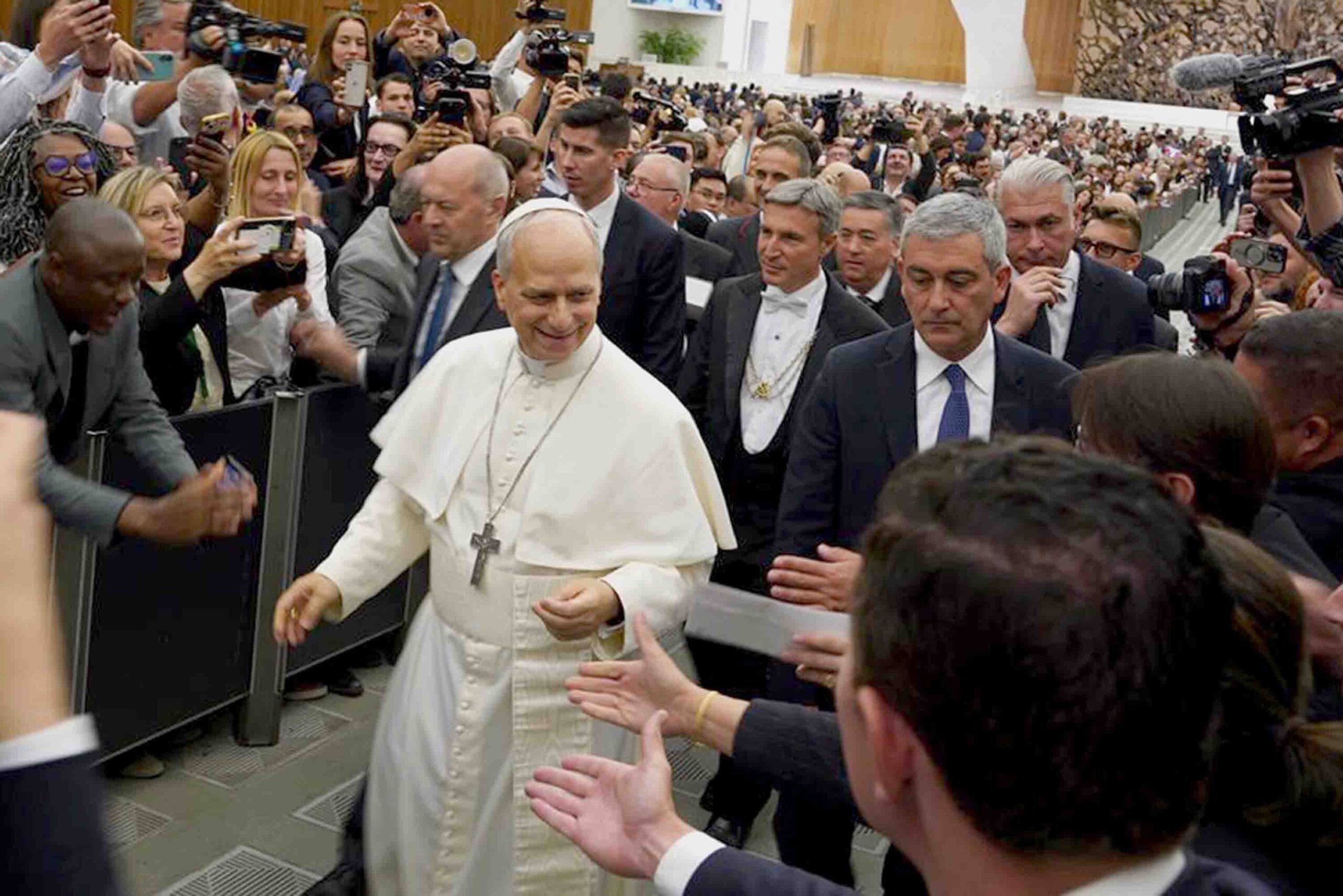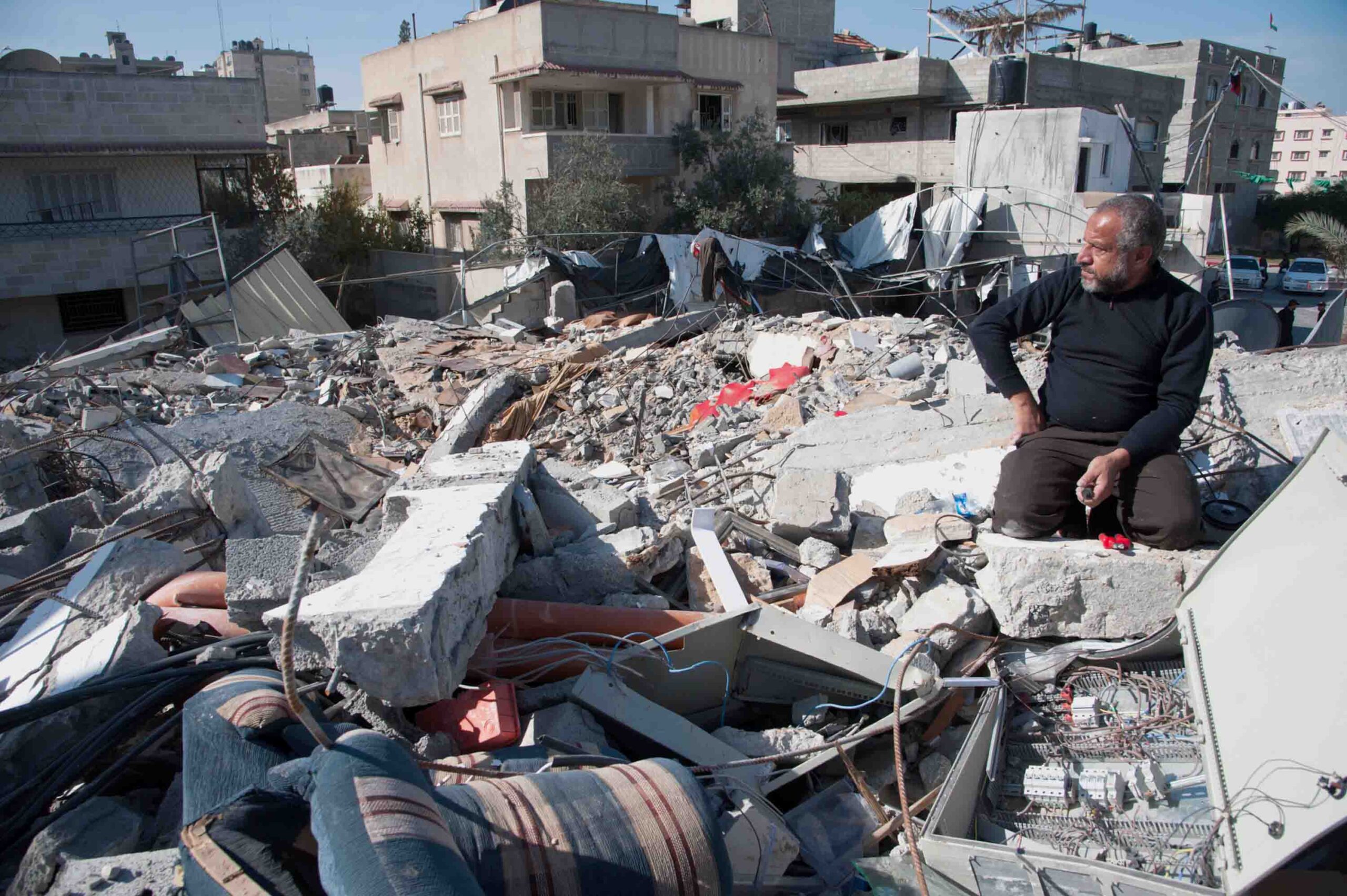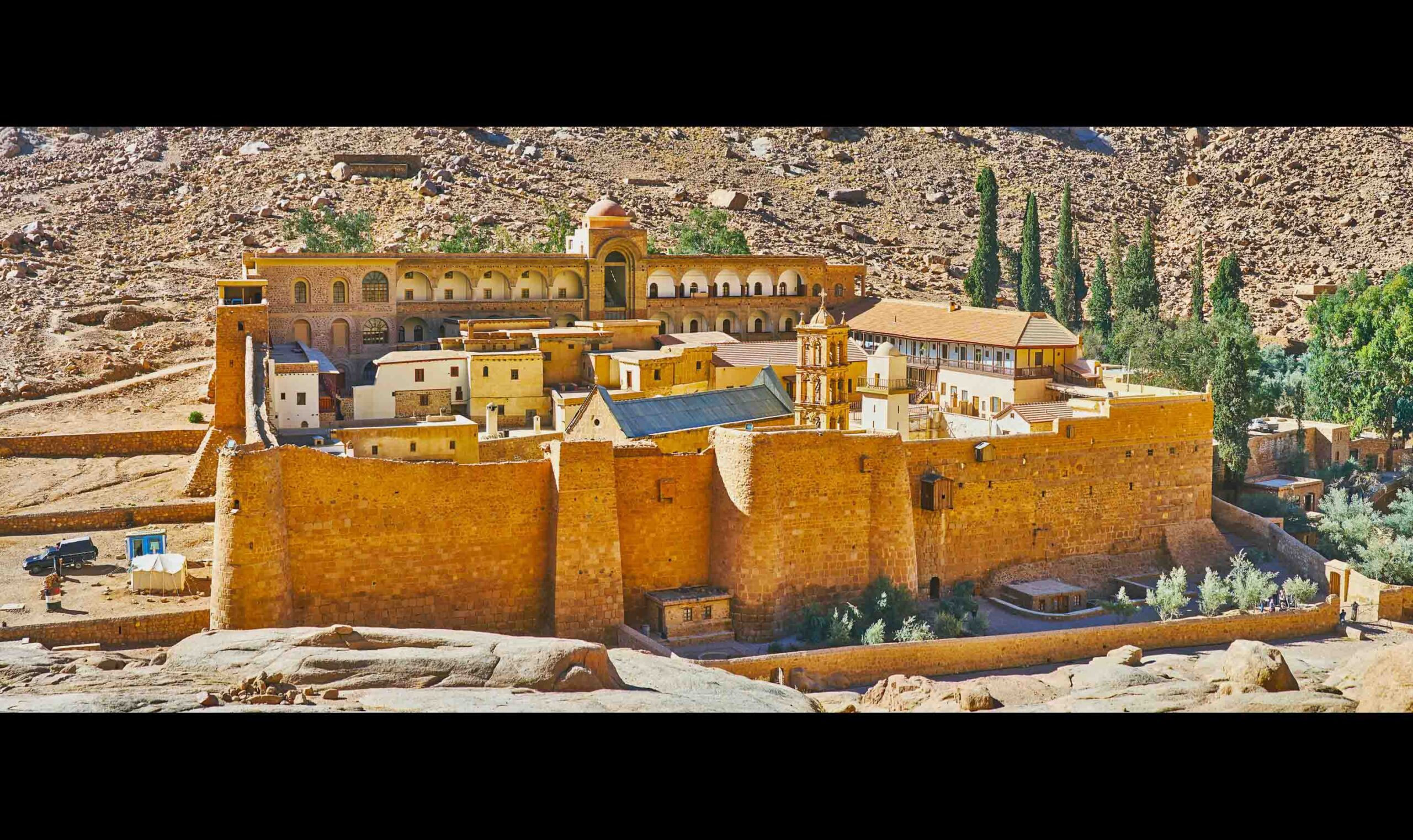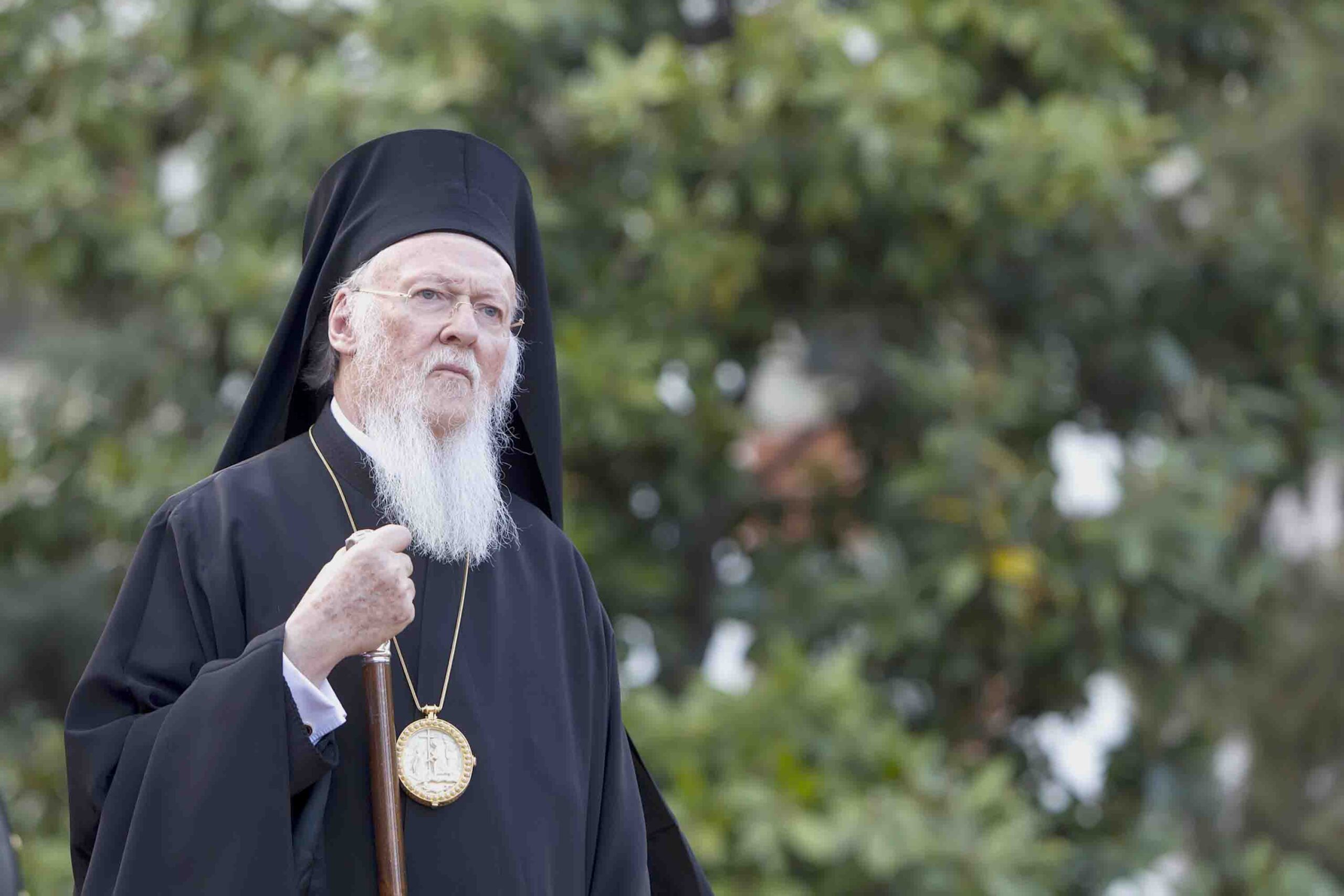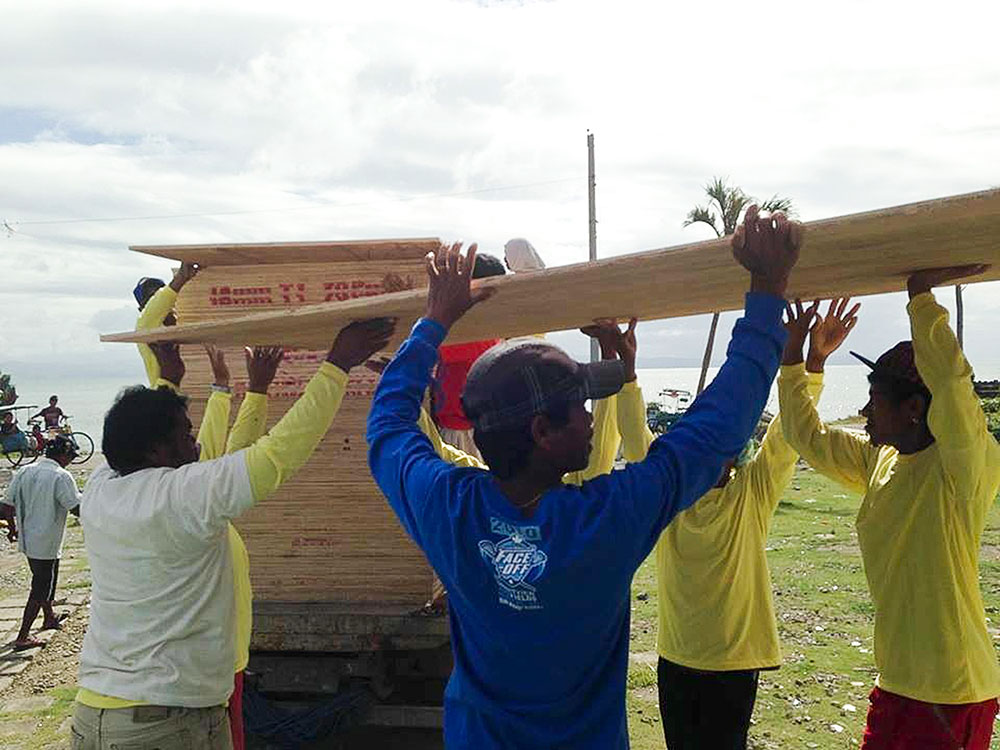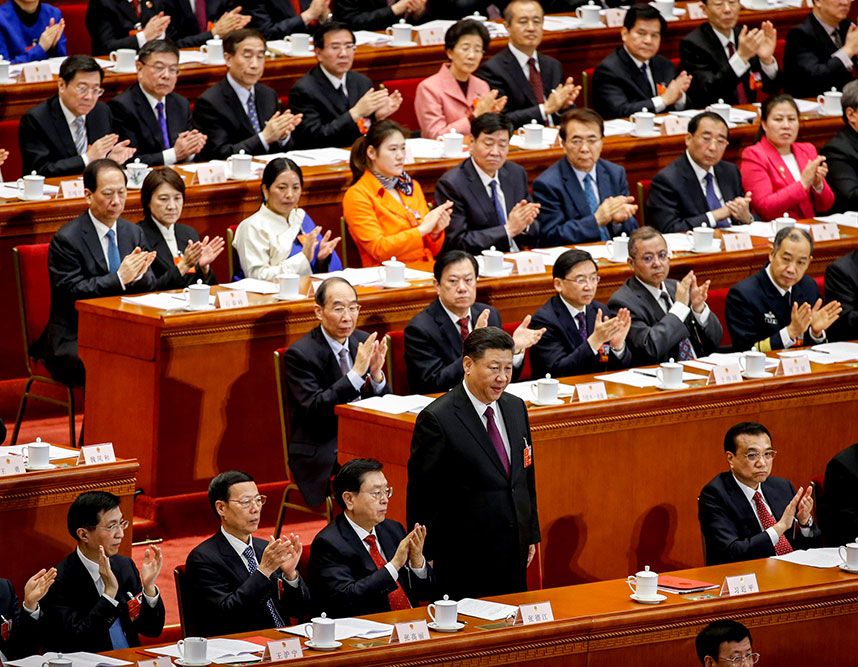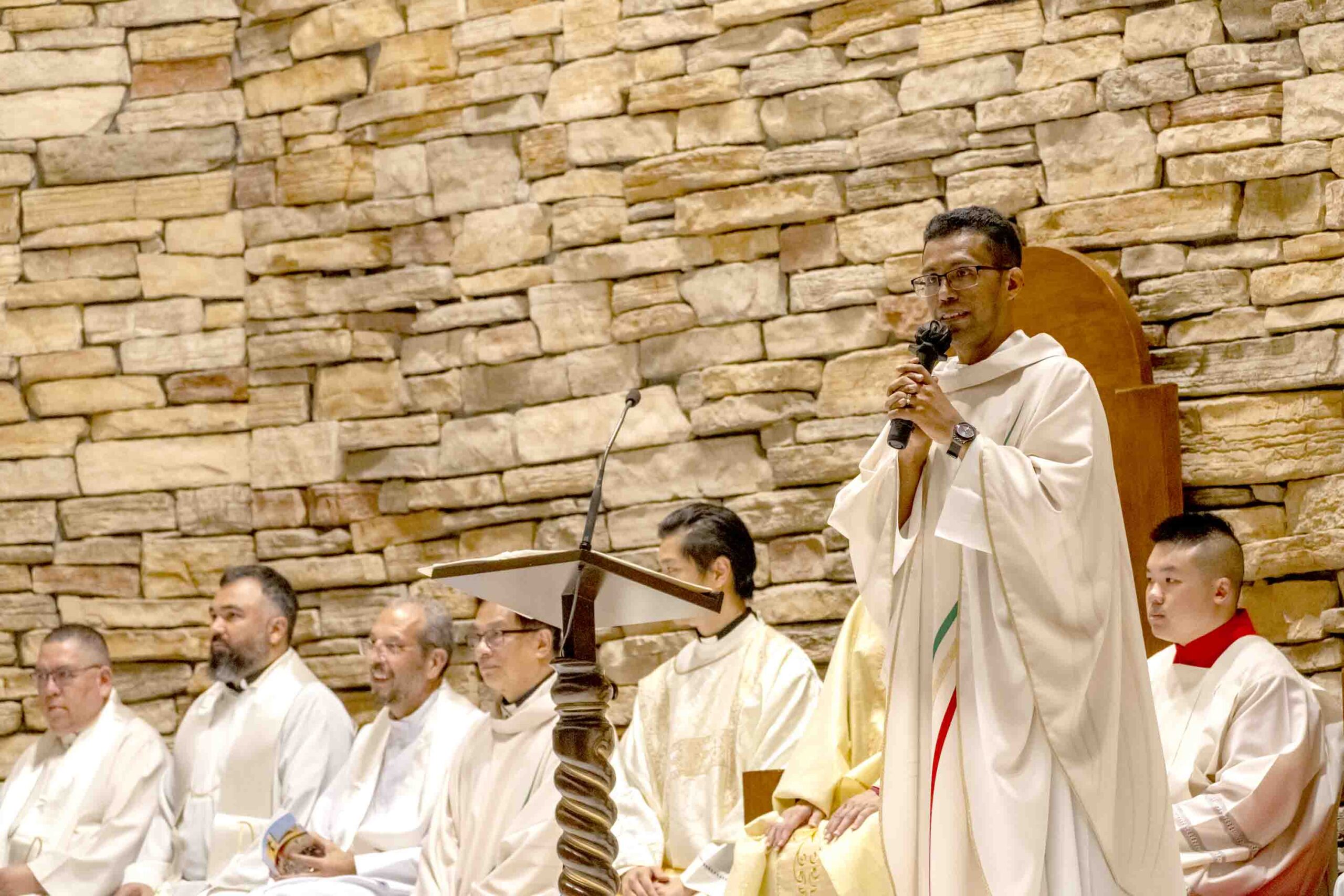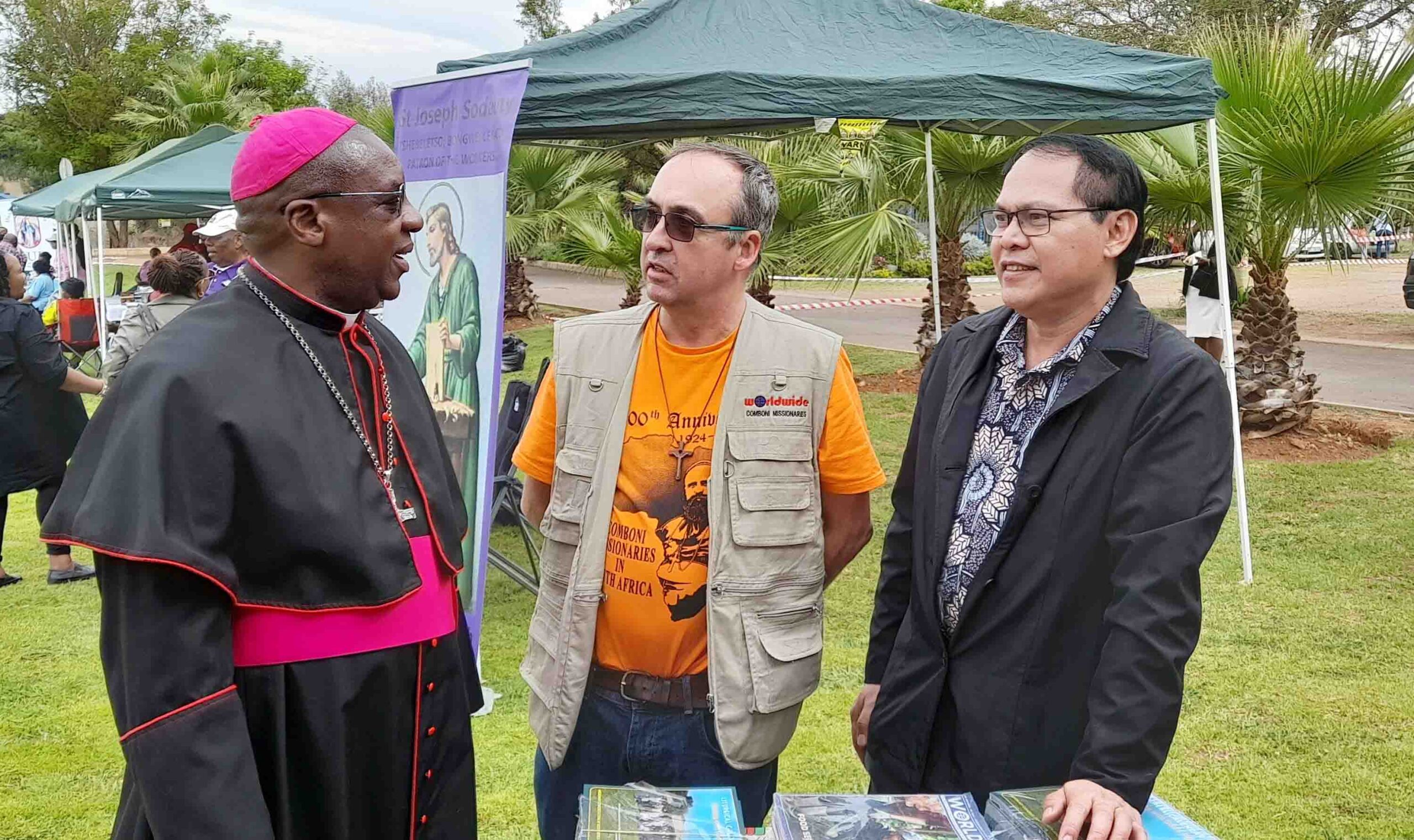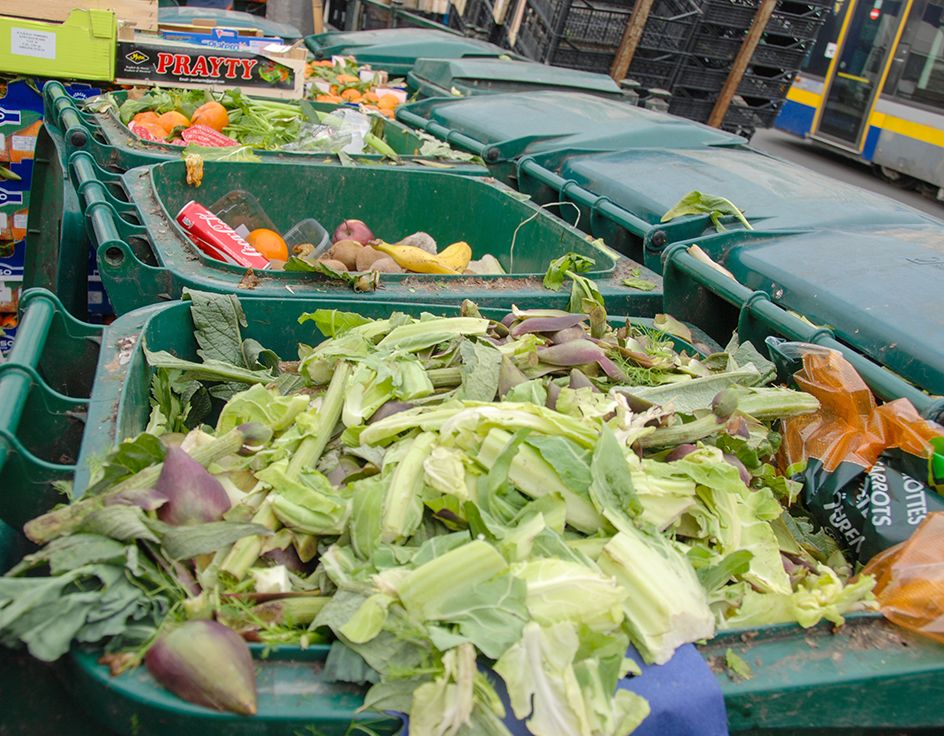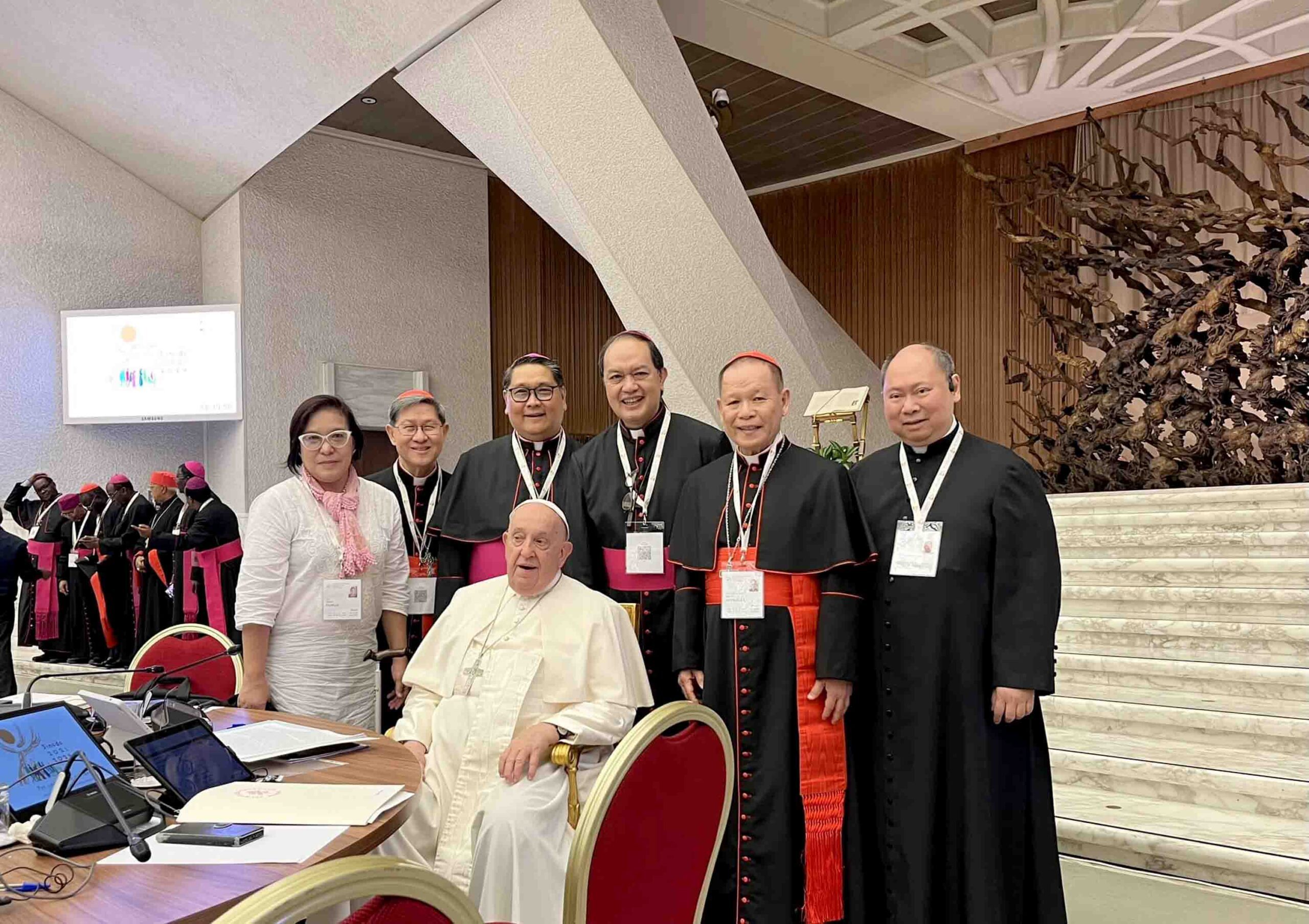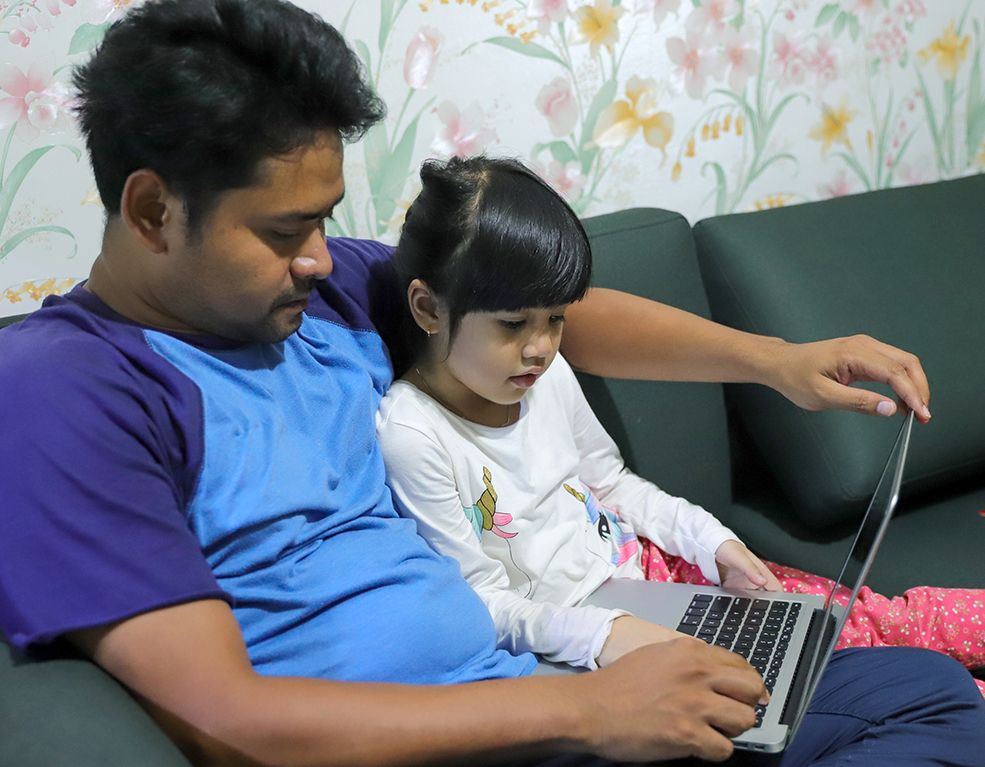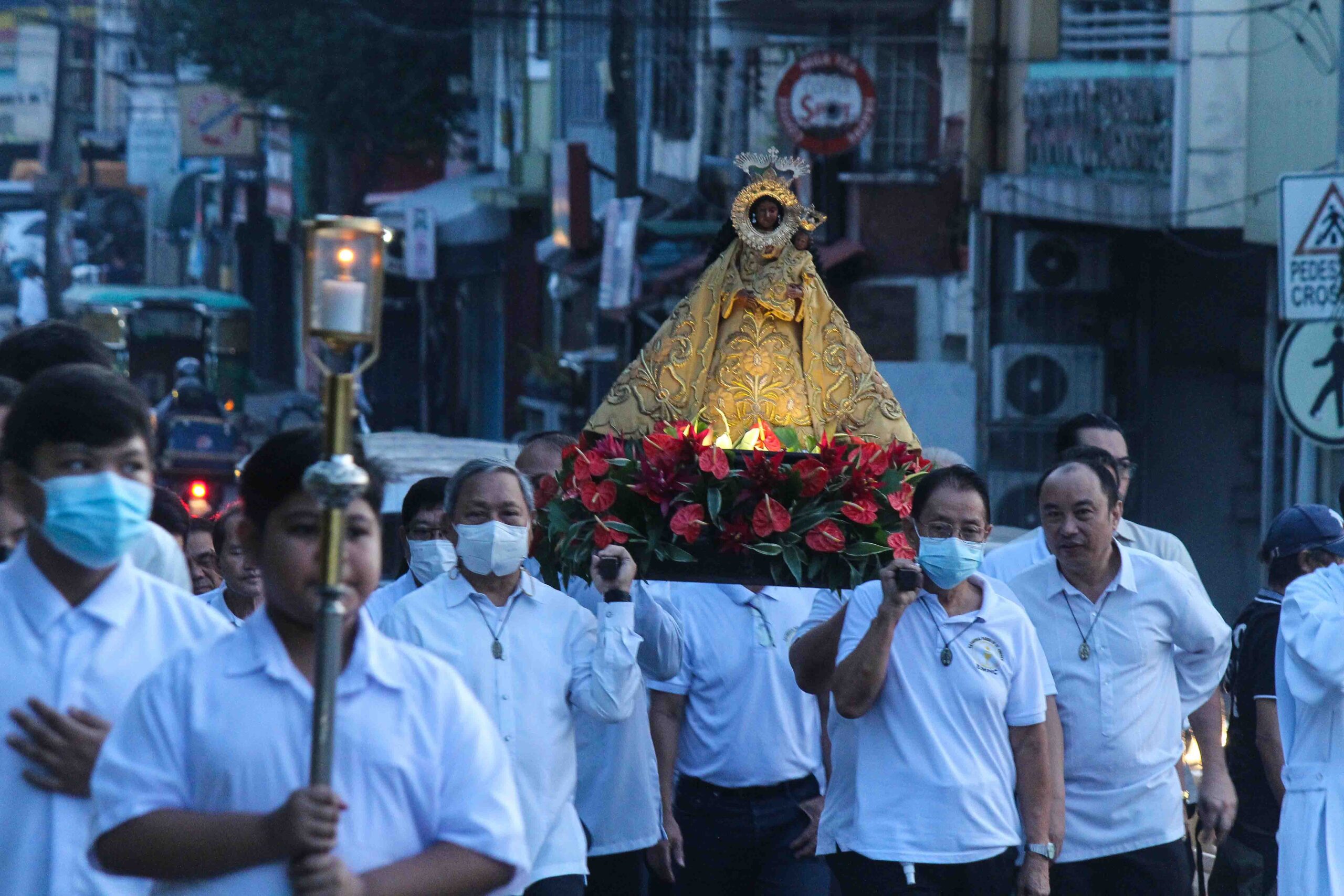In the new millennium, when we assume that world leaders are wiser and kinder, we witness human suffering every day in its ugliest form, caused by greed, disrespect for human dignity, and enormous debts owed by poor people’s governments to the more “developed nations.”
We see how poverty at the national level immediately permeates down to the level of the neediest members of society. In utterly devastating terms, huge debts may lead to deprivation, extreme poverty, hunger, wasted lives, and even slow death.
Pope Leo XIV, by choosing the name Leo XIV, has warned against the exploitation of Mother Nature and the widening gap between the rich and the poor. The Catholic Church believes that this inhuman situation can be overcome by debt cancellation, among many other means. Debt cancellation refers to the partial or total forgiveness of debts owed to wealthy nations, international financial institutions (like the IMF or World Bank), or private creditors.
On the one hand, debt payments severely limit a poorer country’s ability to fund essential services, such as healthcare, education, and basic infrastructure. On the other hand, debt cancellation is rooted in the idea that excessive debt traps countries in a cycle of poverty and that many of these debts were incurred under unfair conditions, such as the exploitation of natural resources.
Therefore, freeing these countries from unsustainable debt can help them invest in integral development and poverty alleviation. Pope Francis has said that cancelling the debts of countries unable to repay them is “a matter of justice.” The call is made in a message related to the celebration of the 2025 Jubilee Year, in a document entitled Spes Non Confundit, or “Hope Does Not Disappoint.”
The late Jesuit pontiff confronted the rich nations and told them, “If we really wish to prepare a path to peace in our world, let us commit ourselves to remedying the remote causes of injustice, settling unjust and unpayable debts, and feeding the hungry” (Spes Non Confundit, 16).
THE PHILIPPINES
While not among the poorest nations, the Philippines carries a significant burden of national debt. If the Philippines were granted partial debt cancellation, it could reallocate funds from debt servicing to infrastructure projects, education, healthcare, climate adaptation—the country being most vulnerable to natural disasters—and other social programs, potentially stimulating economic growth and improving quality of life.
In other words, debt relief will alleviate the pressure of large debt repayments–the total national debt of the Philippines reached 16,000,000,000,000 pesos, or 288,000,000,000 dollars as of the end of March 2025–that will allow the government to focus on other priorities.
We are the “Pilgrims of Hope,” and hope tells us that if debt cancellation is directed towards socio-economic programs aimed at poverty alleviation, it could have a significant impact on the most vulnerable and neediest Filipinos, which means a brighter future for our nation.
Under the colonial regime, from 1898 to 1946, the United States introduced public education, basic infrastructure, and governance reforms for which the nation has been grateful. However, we have realized that these kind acts were often shaped not by purely altruistic motives.
The fact is that the Americans extracted our wealth and exploited our natural resources through colonial and neocolonial systems, which had long-term negative impacts on our environment and socio-economic equality. We know that the U.S. restructured our agriculture to serve the American commercial interests, particularly through crops like sugar, hemp, tobacco, and coconut—all for export to the U.S. market.
The Philippine economy was made dependent on monoculture exports, often at the expense of food security for Filipinos. During this period, American companies and elite families were granted preferential access to land and resources, while Filipino peasants often remained landless or in debt.
The neocolonial manipulation continued even after our independence, from 1946 to the 21st century. For instance, the Bell Trade Act of 1946 compelled the Philippines to closely tie its economy to the U.S., granting American corporations “parity rights” to exploit natural resources on equal terms with Filipinos. This favored foreign capital and kept wealth concentrated among a few affluent families and businesses.
The present socio-economic inequality is also the result of massive exploitation by other wealthy nations through trade, investment, and structural adjustment policies. The multinational corporations, or MNCs, from Japan, Canada, Australia, the UK, and South Korea have exploited Philippine mining, energy, and agricultural sectors.
For example, Canadian and Australian mining firms operate in Mindanao and other regions, extracting gold, copper, and nickel, often linked to environmental damage and the displacement of Indigenous groups. Japanese firms control significant agricultural exports, like bananas and pineapples, in export zones. Trade with richer nations often reinforces the role of the Philippines as a supplier of cheap raw materials and labor while importing expensive manufactured goods. Tariff structures, patents, and market restrictions often favor developed countries.
For many decades, modern economic actors alike have systematically extracted wealth and resources from the Philippines. While this has brought infrastructure and global market integration, it has also entrenched poverty, environmental degradation, and economic dependency.
For this reason, activism always occurs during the annual meeting of the IMF and World Bank to demand “deep, wide, and urgent debt cancellation” for poorer countries, such as the Philippines, Pakistan, Bangladesh, Sri Lanka, and Nepal.
Lidy Nacpil, coordinator of the Asian Peoples’ Movement on Debt and Development (APMDD), was brave enough to tell the world that “for eight decades, the IMF-WB has been instrumental in shaping an international financial architecture that systematically extracts the wealth of the Global South, perpetuating a cycle of indebtedness, poverty, and environmental degradation.”
“A MATTER OF JUSTICE”
In Spes Non Confundit, Pope Francis has argued that richer countries owe an “ecological debt” due to the disproportionate use of natural resources over long periods by certain countries. The late Jesuit pontiff has insisted that cancelling debts of countries unable to repay them is “a matter of justice.”
Debt relief can be a form of social, economic, and reparative justice. Social justice often involves redistributing resources to create more equitable conditions. Canceling or reducing debts, especially those incurred under unjust or exploitative conditions, can help level the playing field.
Debt cancellation is a form of economic justice that addresses systemic inequality, which is pervasive in our world. And because the poorest citizens and lowest-income communities are badly and disproportionately affected by debts, debt relief can surely help address structural disadvantages that have established inequality and the enormous gap between the rich and the poor.
Moreover, debt cancellation may also serve as a form of reparative or restorative justice. Debt relief, in a broad sense, repairs damage or harm caused by the exploitation of a poor country by a rich one. The social doctrine does not seek to punish the offender but suggests that canceling debts may repair the damage done.
POPE LEO XIV
This is the sad truth: crushing debt can limit people’s freedom to make life choices, pursue education, or access healthcare, especially among the poor, for whom the Catholic Church presents liberty and dignity as central to debt relief, as these are fundamental principles of Catholic social doctrine. Removing the debt burden enhances personal dignity and opportunity, which are key values in social justice frameworks.
Since Pope Leo XIV strongly promotes the Catholic Church’s social doctrine, he would likely continue to champion debt relief initiated by Pope Francis. He will do this in favor of poor nations.
In the face of an economic reality “that exploits the Earth’s resources and marginalizes the poorest,” our American pontiff declared during his inauguration, “we want to be a small leaven of unity, communion, and fraternity within the world.”
In choosing the name Leo XIV, his pontificate continues Pope Leo XIII’s legacy of promoting Catholic social teaching. The world now recognizes that debt cancellation aligns with the core principles of Catholic social teaching, including socio-economic justice, the common good, the universal destiny of the world’s goods and resources, the preferential option for the poor, and human dignity.
Since Pope Leo XIV emphasizes these values, as Leo XIII, St. John Paul II, and Francis did in their times, it is logical that he sees debt relief as a moral imperative, particularly for poorer nations and peoples trapped in cycles of poverty.
The Holy Father will pursue negotiations for peace, urging world leaders to redirect funds spent on weapons to a global fund that can finally eradicate hunger and poverty in poorer nations worldwide.
Our Augustinian pontiff will become a strong voice for debt cancellation, while critiquing the international financial systems that prioritize profit over people.
José Mario Bautista Maximiano is the lead convenor of the Love Our Pope Movement (LOPM) and author of the book Church Reforms 3: The Synodal Legacy of Pope Francis (Claretian, 2025). Church Reforms 1 and Church Reforms 2 are available in Lazada and Shopee. Email: jomaximiano@gmail.com

